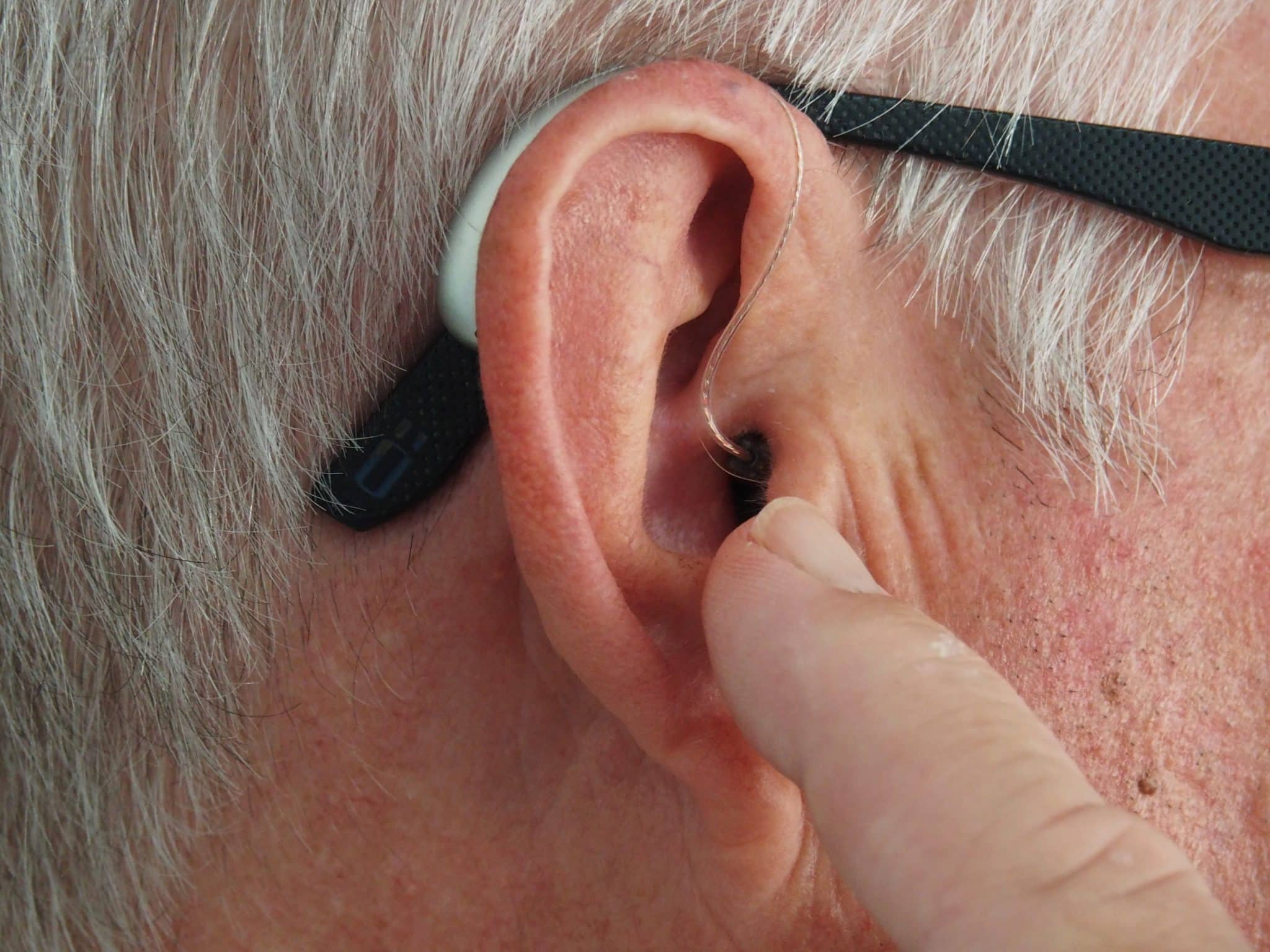If you’re familiar with chemotherapy, you probably know there are a number of negative side effects. But did you know that hearing loss is one of them? Hearing loss from chemotherapy is a type of sudden hearing loss, which means it can appear all at once rather than gradually.
Hearing loss and chemotherapy: What is the link?
According to the Cancer Treatment Centers of America, about half of all chemo patients are treated with a drug made of platinum. Platinum can cause damage to the myelin sheath, which is the protective membrane around nerves. Your auditory system is made of many nerves, so damage to their protective coating can cause permanent hearing damage. Additionally, these platinum-based chemotherapy drugs may also attack the fine nerve endings inside your ears, further causing hearing loss. The chemotherapies that can damage hearing are cisplatin and carboplatin. These are used to treat many cancers, including breast, ovarian, lung, head, neck, and testicular cancer. Patients treated with these platinum-based drugs are most at risk for hearing loss during chemo. There are also reports of hearing loss from immune-targeted melanoma therapies. Chemotherapy-induced hearing loss is normally a loss of high-pitched hearing.
Monitoring hearing during chemotherapy
Because of this risk for hearing loss, if you are being treated with a platinum-based chemotherapy drug it’s important that you keep an eye (or an ear) on your hearing. Hearing loss may be accompanied by tinnitus, which often manifests as a ringing in the ears. You should have your hearing tested before and after chemotherapy. Your initial hearing test can serve as a baseline to make it easy for you and your health team to track any changes in hearing loss. These drugs can stay in the cochlea of the ear for as long as 18 months after chemotherapy, so it’s also important that you monitor your hearing for several months after finishing chemotherapy.
What should I do if I notice hearing loss during chemotherapy?
If you’ve been doing a good job at monitoring your hearing loss during chemo, you will probably notice your hearing loss quickly. When you notice a loss of hearing or a ringing in the ears, notify your physician immediately and ask for a hearing test. Sudden hearing loss can be treated with steroids. Sometimes, however, the damage can be permanent. Time is of the essence to reduce the risk of permanent damage—the longer you wait for treatment, the more likely the hearing loss will be permanent. Additionally, if you already have hearing loss chemotherapy might make it worse. Some companies have also developed medications to reduce the risk of hearing loss during chemo. However, these drugs can increase nausea and vomiting during treatment. Ask your physician if these drugs are right for you during chemotherapy treatment.




